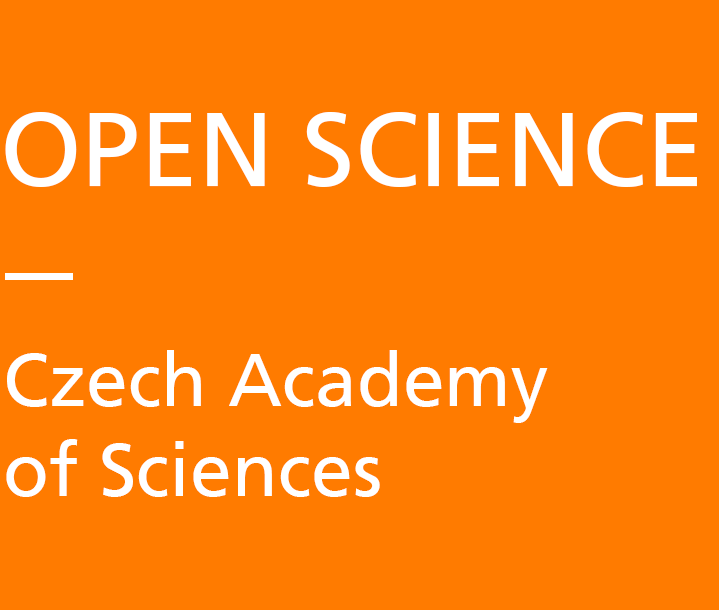RVVI & MSMT and Open Science
The Council for Research, Development and Innovation (RVVI) addressed the issue of Open Science. On Friday, October 24, 2025, another regular meeting of the RVVI took place at Strakova Academy. Among other things, the councilors addressed the issue of the costs of publishing in the Open Access regime.
The first item on the agenda of the RVVI was Open Science. With the participation of representatives from the Ministry of Education, Youth and Sports (MŠMT) and the National Technical Library (NTK), RVVI members discussed the issue of Open Access (OA). The discussion focused on the growing need for a systemic solution, particularly in view of the high costs of OA drawn from research, development, and innovation funds and the rules for publishing under this regime.
RVVI members reviewed information on publication costs prepared by the NTK and recommended that the MŠMT ease the requirements for publishing under the OA regime in OP JAK projects. The RVVI proposed that the updated requirements should also apply to other programs financed from the Czech state budget by all providers.
The RVVI recommends that the government introduce into national legislation the author’s right to secondary publication, taking into account examples of good practice abroad and with the aim of making the use of public funds for research more efficient.
More materials from this meeting are available:
- Report on the RVVI website (CZE): https://vyzkum.gov.cz/FrontAktualita.aspx?aktualita=1073965
- Presentation by Václav Velčovský (Director General for EU Operational Programmes sectionof MŠMT) (CZE): https://opjak.cz/aktuality/perspektivy-open-access-ve-vyzkumnych-projektech-op-jak/
At this meeting, it was announced that within approximately one month, the Ministry of Education, Youth and Sports would issue revised rules (i.e., Rules for Applicants and Recipients – specific part of specific calls) in the form of a methodological letter. Recipients who express interest in the revised rules will be issued an addendum to the legal act of the given project upon request. This procedure is legally necessary, as the rules form an integral part of the decision as its annex.
Changes that the OP JAK Managing Authority is planning to implement:
- The “mandatory procedures” of open science will now only apply to J-type publications (according to the Methodology for the Evaluation of Research Organizations 2025+). For other publications, these procedures will be recommended.
- An exception will also be allowed in the case of publications whose corresponding author (but only the corresponding author, not the co-author) is affiliated with a foreign research organization. This will take into account the potentially incompatible publication practices of the main author’s foreign home institution.
- If the implementation of these amended rules results in savings in planned financial resources, the transfer of these savings to another budget chapter will not be permitted. The main reason for this is to ensure consistent compliance with the principles of equal access, 3E, public resources, and to prevent possible purposeful conduct.
Secondary publication right – SPR
SPR is a legal concept (an exception to copyright) that allows authors of scientific works to make their professional texts publicly available again, even though they have transferred the rights to the first edition to the publisher. The aim is to promote open access (Green Open Access) to research results, especially those funded by public funds. This right usually allows authors to deposit the final version of the manuscript (known as the Author Accepted Manuscript) in an institutional or subject repository. SPR has been introduced in a number of European countries, with the exception of the Czech Republic – a detailed overview has been compiled by Knowledge Rights 21 in collaboration with LIBER (Ligue des Bibliothèques Européennes de Recherche – Association of European Research Libraries).
In the longer term, we can expect Europe-wide harmonization of these legislative measures to ensure greater accessibility of research results – for more information, see the study prepared for the European Commission as part of the implementation of ERA measures.
Last updated on December 3, 2025


